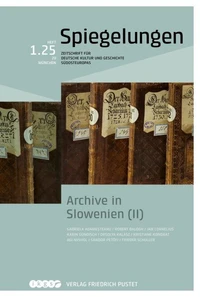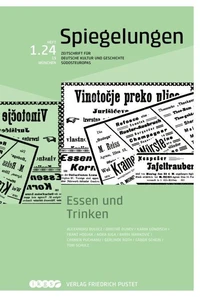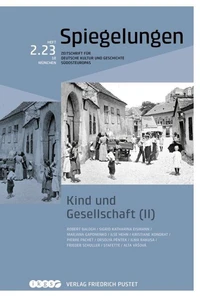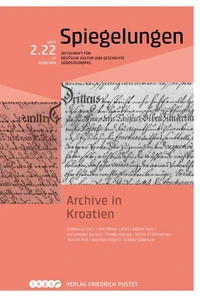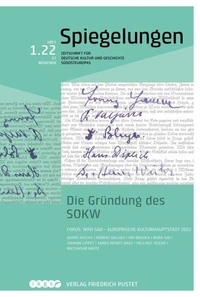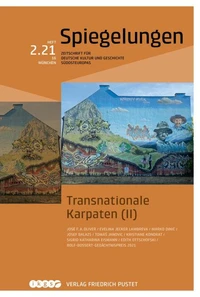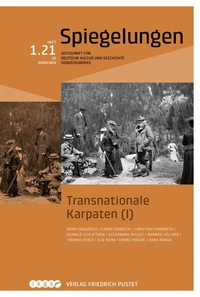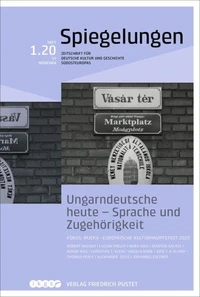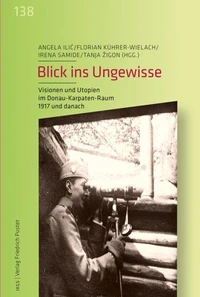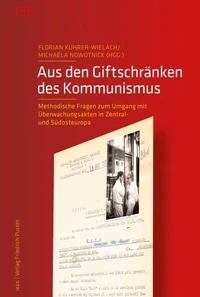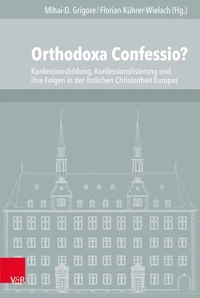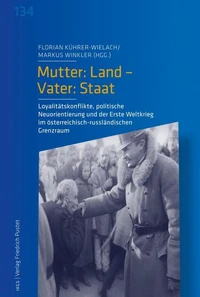Authoritarian Regimes in the Long Twentieth Century. Preconditions, Structures, Continuities – Contributions to European Historical Dictatorship and Transformation Research
Par : , , , ,Formats :
Disponible dans votre compte client Decitre ou Furet du Nord dès validation de votre commande. Le format PDF est :
- Compatible avec une lecture sur My Vivlio (smartphone, tablette, ordinateur)
- Compatible avec une lecture sur liseuses Vivlio
- Pour les liseuses autres que Vivlio, vous devez utiliser le logiciel Adobe Digital Edition. Non compatible avec la lecture sur les liseuses Kindle, Remarkable et Sony
 , qui est-ce ?
, qui est-ce ?Notre partenaire de plateforme de lecture numérique où vous retrouverez l'ensemble de vos ebooks gratuitement
Pour en savoir plus sur nos ebooks, consultez notre aide en ligne ici
- Nombre de pages208
- FormatPDF
- ISBN978-3-8470-1502-4
- EAN9783847015024
- Date de parution10/10/2022
- Protection num.pas de protection
- Taille3 Mo
- Infos supplémentairespdf
- ÉditeurV&R Unipress
Résumé
This special issue of the journal "zeitgeschichte" presents the results of the doctoral theses written within the framework of the "Doctoral College European Historical Dictatorship and Transformation Research" (2009-2012) as selected scholarly essays. The contributions are devoted to authoritarian regimes of the 20th century in Austria, Belarus, Greece, Hungary, Italy, Latvia, Lithuania, Poland, Portugal, Romania, Spain, and the Soviet Union.
Using various methods from the humanities and social sciences, diff erent aspects of mainly "small" dictatorships are examined: conditions of emergence, structures, continuities, as well as preceding and subsequent processes of political and social transformation. Das vorliegende Sonderheft der Zeitschrift »zeitgeschichte« stellt die Ergebnisse der im Rahmen des Initiativkollegs (IK) Europäische historische Diktatur- und Transformationsforschung (2009-2012) verfassten Promotionsarbeiten in Form ausgewählter wissenschaftlicher Essays vor.
Die Beiträge widmen sich autoritären Regimes des 20. Jahrhunderts in Belarus, Griechenland, Italien, Lettland, Litauen, Österreich, Polen, Portugal, Rumänien, Spanien, Ungarn und der Sowjetunion. Mittels verschiedener geistes- und sozialwissenschaftlicher Methoden werden unterschiedliche Aspekte vor allem »kleiner« Diktaturen untersucht: Entstehungsbedingungen, Strukturen, Kontinuitäten sowie vor- und nachgelagerte Prozesse politischer und gesellschaftlicher Transformation.
Using various methods from the humanities and social sciences, diff erent aspects of mainly "small" dictatorships are examined: conditions of emergence, structures, continuities, as well as preceding and subsequent processes of political and social transformation. Das vorliegende Sonderheft der Zeitschrift »zeitgeschichte« stellt die Ergebnisse der im Rahmen des Initiativkollegs (IK) Europäische historische Diktatur- und Transformationsforschung (2009-2012) verfassten Promotionsarbeiten in Form ausgewählter wissenschaftlicher Essays vor.
Die Beiträge widmen sich autoritären Regimes des 20. Jahrhunderts in Belarus, Griechenland, Italien, Lettland, Litauen, Österreich, Polen, Portugal, Rumänien, Spanien, Ungarn und der Sowjetunion. Mittels verschiedener geistes- und sozialwissenschaftlicher Methoden werden unterschiedliche Aspekte vor allem »kleiner« Diktaturen untersucht: Entstehungsbedingungen, Strukturen, Kontinuitäten sowie vor- und nachgelagerte Prozesse politischer und gesellschaftlicher Transformation.
This special issue of the journal "zeitgeschichte" presents the results of the doctoral theses written within the framework of the "Doctoral College European Historical Dictatorship and Transformation Research" (2009-2012) as selected scholarly essays. The contributions are devoted to authoritarian regimes of the 20th century in Austria, Belarus, Greece, Hungary, Italy, Latvia, Lithuania, Poland, Portugal, Romania, Spain, and the Soviet Union.
Using various methods from the humanities and social sciences, diff erent aspects of mainly "small" dictatorships are examined: conditions of emergence, structures, continuities, as well as preceding and subsequent processes of political and social transformation. Das vorliegende Sonderheft der Zeitschrift »zeitgeschichte« stellt die Ergebnisse der im Rahmen des Initiativkollegs (IK) Europäische historische Diktatur- und Transformationsforschung (2009-2012) verfassten Promotionsarbeiten in Form ausgewählter wissenschaftlicher Essays vor.
Die Beiträge widmen sich autoritären Regimes des 20. Jahrhunderts in Belarus, Griechenland, Italien, Lettland, Litauen, Österreich, Polen, Portugal, Rumänien, Spanien, Ungarn und der Sowjetunion. Mittels verschiedener geistes- und sozialwissenschaftlicher Methoden werden unterschiedliche Aspekte vor allem »kleiner« Diktaturen untersucht: Entstehungsbedingungen, Strukturen, Kontinuitäten sowie vor- und nachgelagerte Prozesse politischer und gesellschaftlicher Transformation.
Using various methods from the humanities and social sciences, diff erent aspects of mainly "small" dictatorships are examined: conditions of emergence, structures, continuities, as well as preceding and subsequent processes of political and social transformation. Das vorliegende Sonderheft der Zeitschrift »zeitgeschichte« stellt die Ergebnisse der im Rahmen des Initiativkollegs (IK) Europäische historische Diktatur- und Transformationsforschung (2009-2012) verfassten Promotionsarbeiten in Form ausgewählter wissenschaftlicher Essays vor.
Die Beiträge widmen sich autoritären Regimes des 20. Jahrhunderts in Belarus, Griechenland, Italien, Lettland, Litauen, Österreich, Polen, Portugal, Rumänien, Spanien, Ungarn und der Sowjetunion. Mittels verschiedener geistes- und sozialwissenschaftlicher Methoden werden unterschiedliche Aspekte vor allem »kleiner« Diktaturen untersucht: Entstehungsbedingungen, Strukturen, Kontinuitäten sowie vor- und nachgelagerte Prozesse politischer und gesellschaftlicher Transformation.


